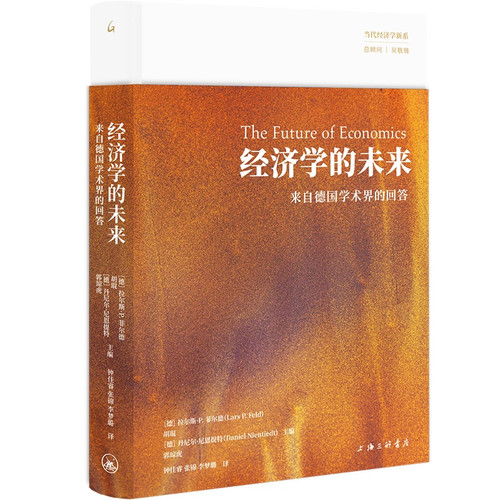In the second half of the 19th century, Germany rose rapidly, its economic and social development changed with each passing day, and the social environment in which the economic system was located was constantly changing. The Anglo-Saxon mainstream economics, which primarily aimed to explore the laws of the economic system itself, could not provide a reasonable explanation for Germany’s economic development during the transition period. As a result, the "historical school" that focused on exploring the relationship between economic development and Germany’s special national conditions came into being, and gradually evolved into Germany’s unique order liberal economics. Generations of German economists have been committed to establishing "German economics", and discussions on the advantages and disadvantages of German economics and mainstream economics have run through the entire process of the development of modern German economics. In 2009, the economics chair incident at the University of Cologne once again triggered a heated discussion on economic methods in Germany. This book is dedicated to systematically and comprehensively presenting this discussion.
19世纪下半叶,德国迅速崛起,经济社会发展日新月异,经济体系所处的社会环境不断变化,以探究经济体系自身规律为首要目标的盎克鲁–萨克森主流经济学无法为转型期的德国经济发展提供合理解释,使得专注于探索经济发展和德国特殊国情之间关系的“历史学派”应运而生,并逐渐演化为德国特有的秩序自由主义经济学。一代代德国经济学家致力于建立“德国经济学”,德国经济学与主流经济学优劣异同的讨论贯穿德国现代经济学发展的整个历程。2009年,科隆大学经济学教席事件在德国再次引发热烈的经济学方法讨论。本书致力于系统和全面地将这一讨论的
19世纪下半叶,德国迅速崛起,经济社会发展日新月异,经济体系所处的社会环境不断变化,以探究经济体系自身规律为首要目标的盎克鲁–萨克森主流经济学无法为转型期的德国经济发展提供合理解释,使得专注于探索经济发展和德国特殊国情之间关系的“历史学派”应运而生,并逐渐演化为德国特有的秩序自由主义经济学。一代代德国经济学家致力于建立“德国经济学”,德国经济学与主流经济学优劣异同的讨论贯穿德国现代经济学发展的整个历程。2009年,科隆大学经济学教席事件在德国再次引发热烈的经济学方法讨论。本书致力于系统和全面地将这一讨论的





